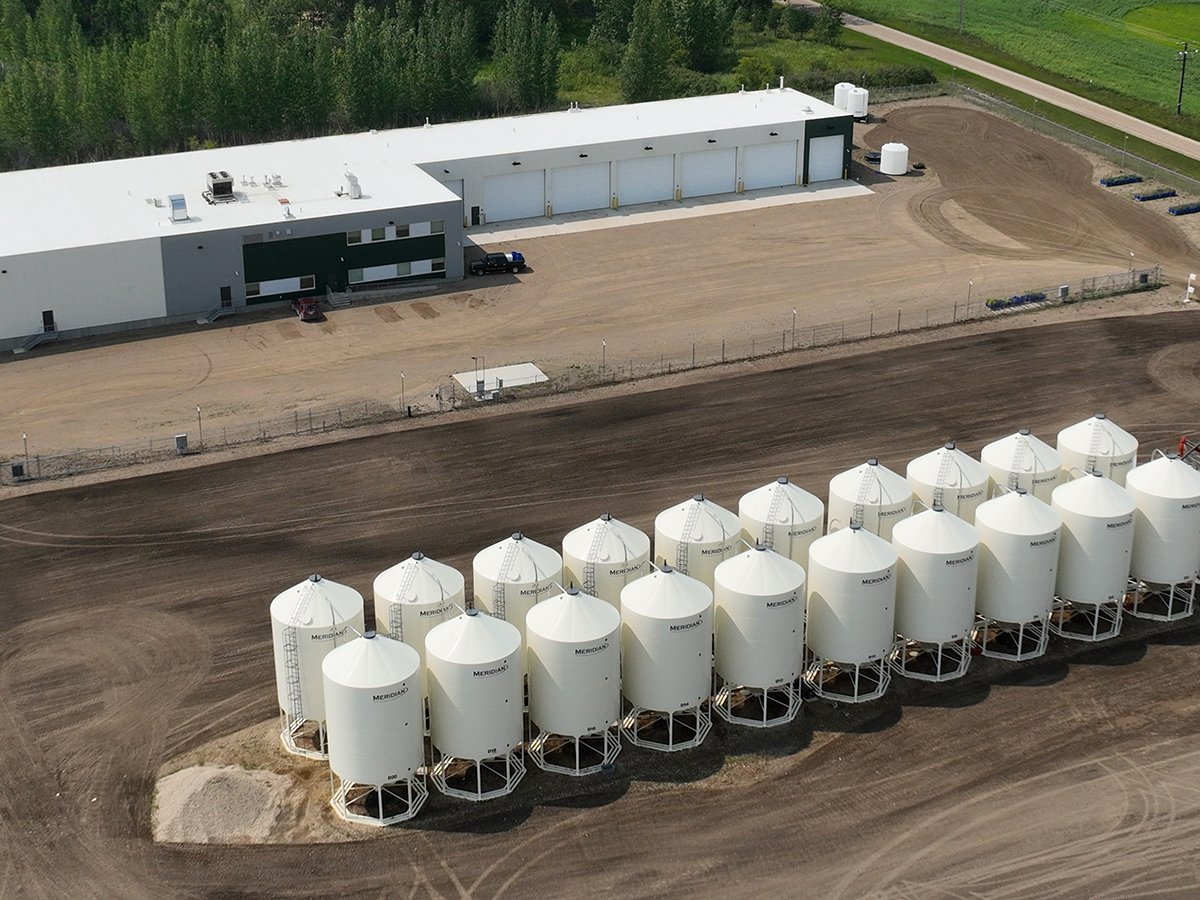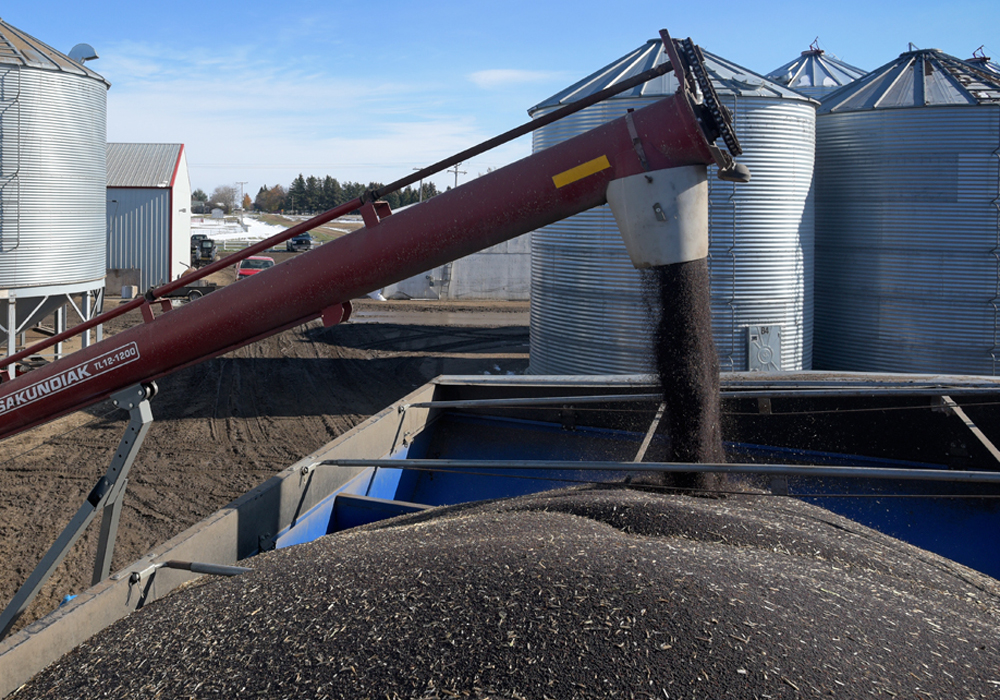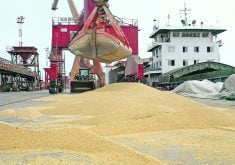The federal government will consider a number of financial measures aimed at helping Canada’s canola producers cope with the loss of one of their key export markets.
Federal Agriculture Minister Marie-Claude Bibeau and Trade Minister Jim Carr are scheduled to meet with Saskatchewan Agriculture Minister David Marit and leaders of key agricultural groups this morning in Saskatoon.
At the meeting, Marit is expected to unveil a plan that will provide temporary financial assistance to the province’s canola producers, who are coping with declining canola prices in the wake of a Chinese ban on Canadian canola seed exports.
Read Also

Saskatchewan firm aims to fix soil with compost pellets
In his business, Humaterra, Leon Pratchler is helping farmers maximize yields in the weakest areas of their fields through the use of a compost pellet.
China has curtailed canola seed shipments from two of Canada’s key exporters: Winnipeg-based Richardson International and Regina-based Viterra, which is owned by Swiss commodities trader Glencore.
The Canola Council of Canada indicated earlier this week that all shipments of Canadian canola seed to China — Canada’s largest market for the oilseed — have effectively been suspended.
The Government of Canada is taking every opportunity to collaborate with the agri-food sector to ensure its profitability, competitiveness and sustainability. #Budget2019 @canolacouncil @Richardson_INTL @ViterraCanada @YourAlberta @SKGov @MBGov pic.twitter.com/xkFKQmQ33i
— Marie-Claude Bibeau (@mclaudebibeau) March 29, 2019
Marit is expected to ask the federal government to consider immediate changes to the Advance Payments Program, a farm cash advance program that is funded by Ottawa.
The program offers repayable cash advances to farmers on the condition that the advances will be repaid, under preferred terms, within a certain period of time.
As it stands currently, the program offers a maximum advance of $400,000 per qualified applicant, with the first $100,000 offered interest free.
Marit is expected to request that the maximum cash advance limit be extended to $1 million, with interest payments waived on the entire amount advanced.
Ottawa will also be asked to extend the repayment deadline, a move that would reduce financial pressure on farmers who are either unable or unwilling to sell their canola at reduced prices.
“Hopefully that will help alleviate the pressure of spring seeding and the expense around that side of it,” Marit said.
Earlier today, Bloomberg reported that Ottawa will consider providing an enhanced aid package to the country’s canola farmers.
“We have a very serious understanding of possible consequences of this issue on producers,” Carr told Bloomberg in an interview yesterday.
“If necessary and as necessary, we will look at possible support.”
In a March 28 news release, the Agricultural Producers Association of Saskatchewan also proposed changes to the advance payments program, along with improvements to the federal-provincial AgriStability risk management program.
“AgriStability is intended to be the program that supports producers when market or price problems put their income at risk,” said APAS president Todd Lewis.
“But because of funding cuts, program design issues and administrative red tape, many Saskatchewan producers withdrew from the program. So, we have a potential vehicle available for governments, if they are willing to commit to improvements.”
APAS is proposing the following changes to the AgriStability program:
• an enhancement of AgriStability coverage to deal with export market issues
• elimination of enrolment fees for 2019 AgriStability applications
• an extended 2019 enrollment deadline and elimination of late enrollment penalties
• AgriStability interim payments should trade issues seriously reduce farm income.
Saskatchewan’s canola seed exports to China were valued at nearly $1.4 billion in 2017.
Contact brian.cross@producer.com
















